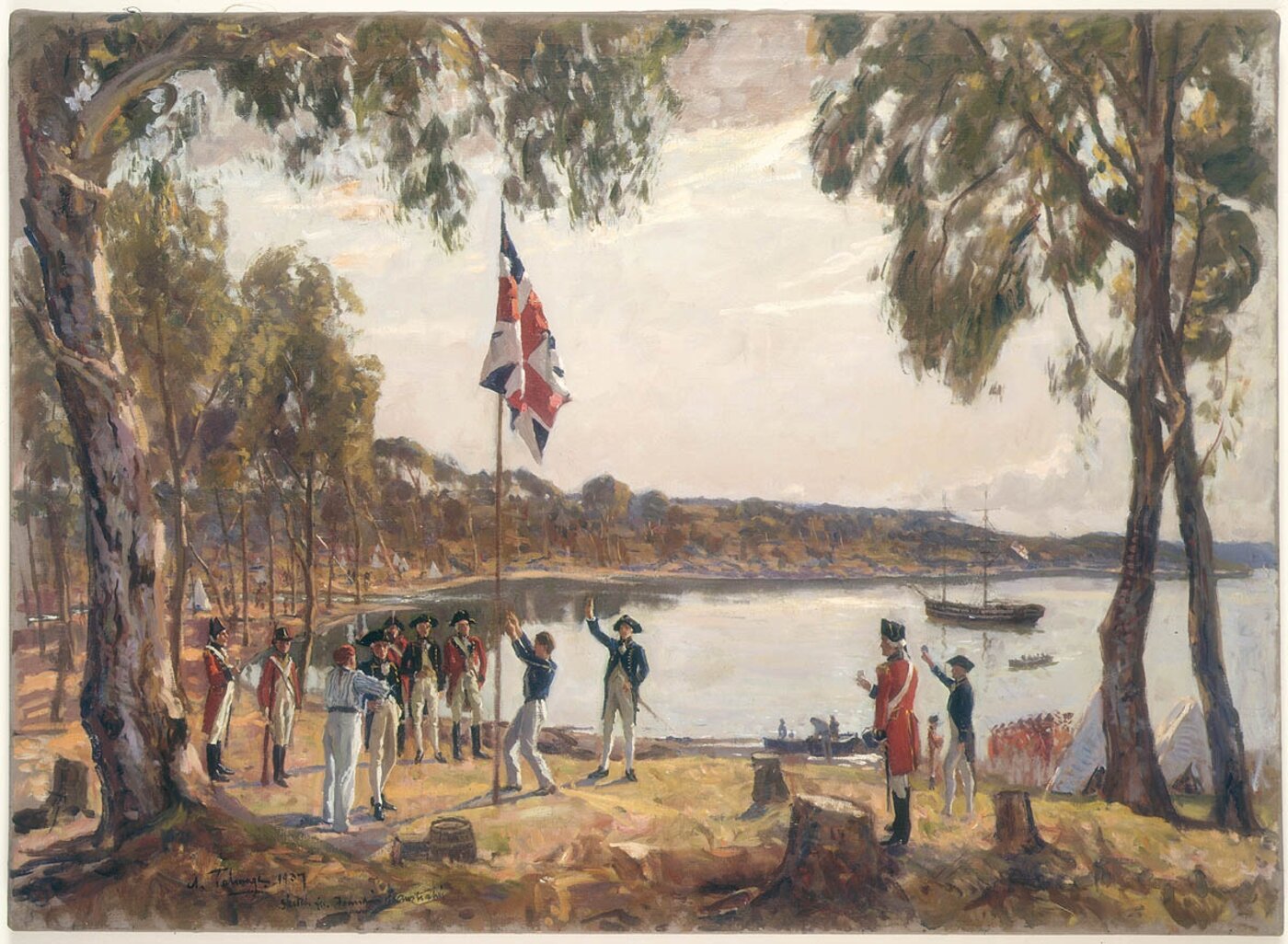
Part Two: Understanding Colonialism
- September 2020
-
October 2020
- Oct 2, 2020 #9 Understanding Colonialism: The New Globalisation: The Age of Monopoly Global Companies
- Oct 9, 2020 #10 Understanding Colonialism: The Early Monopoly Companies and Colonisation
- Oct 16, 2020 #11 Understanding Colonialism: Competitive Colonialism & Defending Colonies
- Oct 23, 2020 #12 Understanding Colonialism: Invasion, Settlement, Slaves and Colonisation
- Oct 30, 2020 #13 Understanding Colonialism: Slaves and Settler Societies
- November 2020
-
December 2020
- Dec 4, 2020 #18 Understanding Colonialism: Death and Impoverishment Part III
- Dec 11, 2020 #19 Understanding Colonialism: Indian Colonialism: A Special Case from 1600 to 1914
- Dec 18, 2020 #20 Understanding Colonialism: Russian Colonisation: Another Special Case
- Dec 23, 2020 #21 Understanding Colonialism: The Invasion of China
-
January 2021
- Jan 1, 2021 #22 Understanding Colonialism: Africa (Part I)
- Jan 8, 2021 #22 Understanding Colonialism: Africa (Part II)
- Jan 15, 2021 #23 Understanding Colonialism: Settler and non-Settler Colonies
#23 Understanding Colonialism: Settler and non-Settler Colonies
The early Colonies from 1492 onwards were all ruled and settled by ‘white settlers.’ The areas settled included the Americas and to a small extent the Portuguese colonised Africa, and the Dutch settled in Southern Africa in 1652. All of these can be characterised as ‘settler colonies.’
#21 Understanding Colonialism: The Invasion of China
The colonial history of China is particularly important as we consider her rise on the world stage once again. Readers of this blog may remember my brief discussion about The Silk Road early at the outset of these discussions of world history. Before the advent of national economic statistics across the world, it was impossible to measure the comparative wealth of different peoples. Yet, the evidence we do possess shows that China and India were considerably more wealthy than anywhere else in the world until Britain invaded China in the 1840s.
#20 Understanding Colonialism: Russian Colonisation: Another Special Case
Unlike European Colonisation after 1492, and American invasion (both North and South), Russian expansion over during roughly the same period needs to be understood in different terms. Russia was an ancient feudal society right through until the 1917 revolution. The character of her expansion and colonisation reflected this fact. In this blog, I compare Russia’s imperial expansion mainly with the USA, the only other land colonisation of the period.
#9 Understanding Colonialism: The New Globalisation: The Age of Monopoly Global Companies
The so-called National Charter companies were innovative at the time. They were financed from private sources, allowed to arm themselves for protection, and they set out to control the trade they could muster. The East India companies avoided the Ottomans, sailed around the Cape to India, and began to set up local agreements and build forts. Each of the new European companies rapidly discovered that the Indian and Chinese governments did not want to obtain what Europe had to offer, rather they felt themselves to be self-sufficient.



